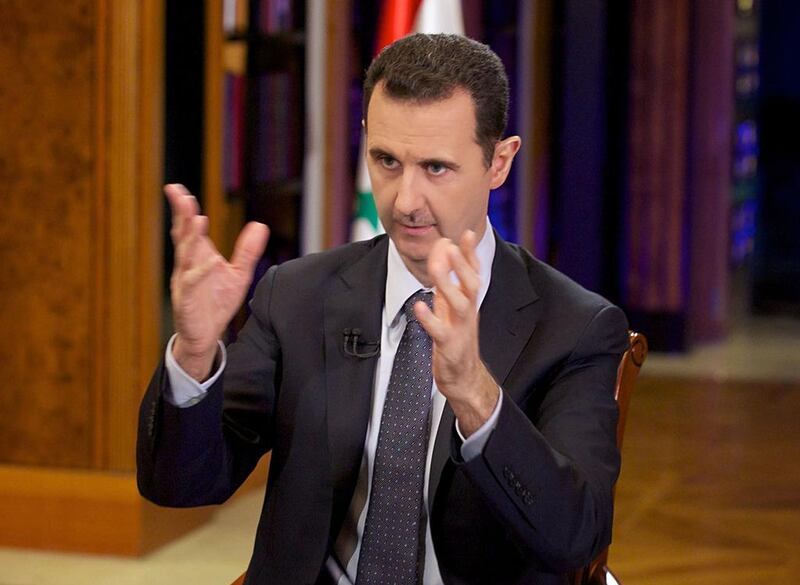Looking back, we see that the peaceful protesters who took to the streets of Syria in 2011 accomplished almost none of the goals to which they aspired.
I can say this. I was one of the first on the streets of Deraa and I have watched every twist and turn of the revolution as it turned to war.
Once the bloodshed started, it hasn’t ceased.
A well-known Syrian opposition figure who is a friend of mine lost his brother, uncle and cousin in the revolution and ongoing civil war.
He compared the first days of the revolution to the current situation. At the beginning, he received death threats from the regime. Now, he receives death threats from the regime and all the various opposition factions.
“Imagine what kind of changes had occurred,” he declared. “I wake up every day fearing it will be the day they will be beheading me. I even see them in my dreams every night.”
Attempts are being made to change the course of the war, but the revolution is lost. Not to Bashar Al Assad, but to the extremist groups.
The long-anticipated Syrian opposition meeting, which was held in Riyadh this month, has not produced any profound change to the Syrian situation. It has only performed the needed step of unifying the Syrian opposition in a way that they can begin a UN-facilitated negotiation process with the regime itself.
We can consider it an achievement, if a slight one, that the regime will accept sitting down with the opposition to hold negotiations.
In the past, the regime never considered any negotiation with any real opposition. Of course, this meeting hasn’t happened yet. We’ll have to follow along to see the true outcome.
It is painful to say, but the Syrian revolution devolved in less than six months from peaceful protests calling for reform to uncontrollable armed chaos. Today, it is a full-scale sectarian civil war with no end in sight.
In some cases, a civil war ends definitively by bringing political, social and economic change. Countries that have suffered civil war might have fallen apart and had their basic institutions gutted. There are the examples of the war in the former Yugoslavia and the Spanish civil war. Most countries that suffered this type of bloodshed need many years to erase the damage.
In the case of Syria’s civil war between the regime and its allies and the opposition, we are now seeing that it could end with no traces of beneficial change at any level.
In some parts of the country there might not be change in the political structure nor the social structure. What has for so long been considered the Syrian state could remain.
Instead of change, the civil war has caused nothing except Syria’s destruction, along with the gutting of its economy and its regional standing.
The revolution was annihilated almost completely by the seemingly innumerable radical groups that dominate the opposition. These groups made any hope for transforming the country from dictatorship into democracy, or even anything close to it, a far-fetched dream.
I was told by a Free Syrian Army commander in 2014 that even if Mr Al Assad left power tonight, there would be another war in the morning between the rest of the militants, whose main concern is power and imposing sharia on the rest of the country.
It is a dark scene. But the revolution has won some victories amid the bloodshed.
Mazen Darwish, a Syrian lawyer, free speech advocate and president of the Syrian Centre for Media and Freedom of Expression, was released after years of imprisonment by the regime. Seeing him among the delegates at the Riyadh meeting gives hope that there is a chance to get more Syrians involved in the peace talks.
It makes a difference when there are more moderate representatives from Syria who can carry these talks to the next level and give hope to find a more solid peaceful solution in the face of all these radical groups and dictatorship.
Also, one great change did take place. Mr Al Assad revealed himself to the world as the brutal killer and torturer we Syrians always knew him to be.
It took a revolution to convince the world of this. It will take another revolution to end the war.
Omar Al Muqdad is an investigative journalist in Washington, DC





